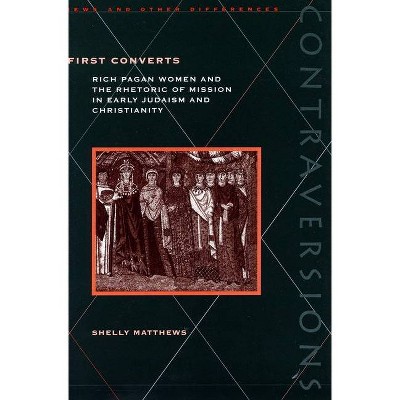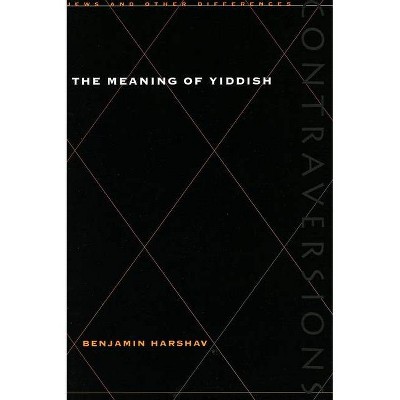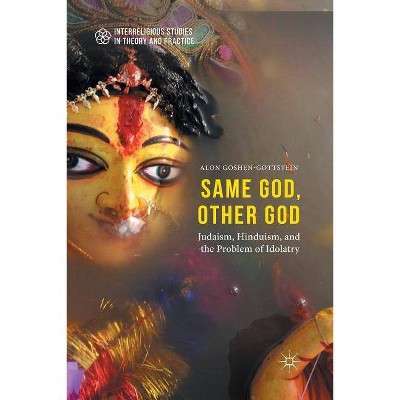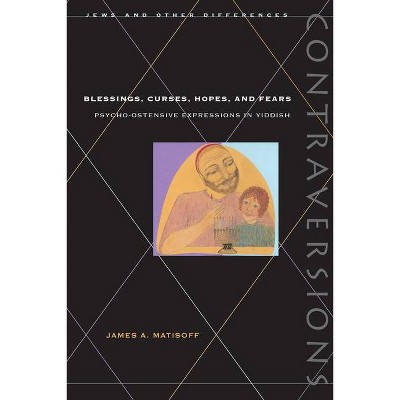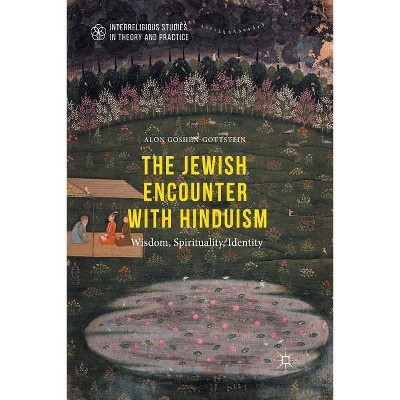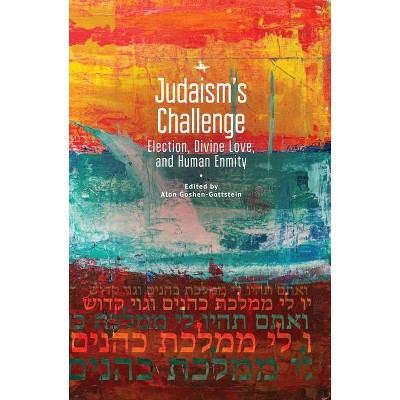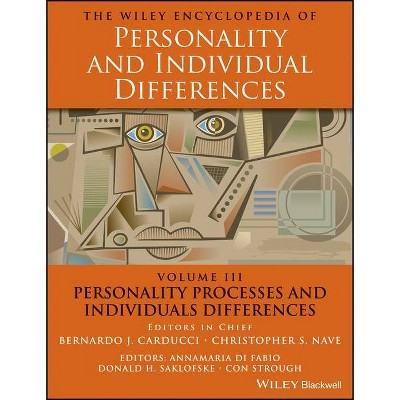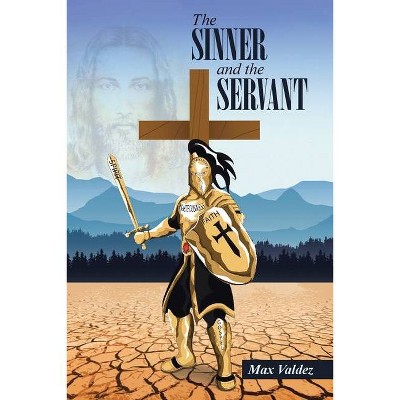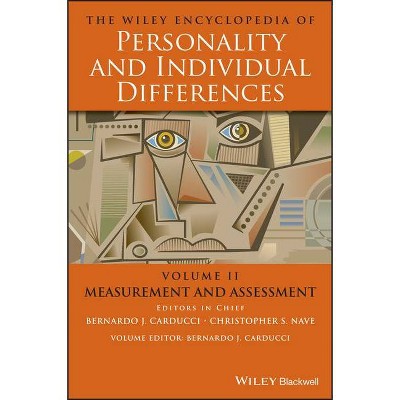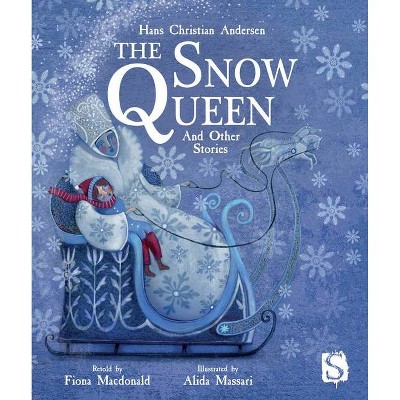The Sinner and the Amnesiac - (Contraversions: Jews and Other Differences) by Alon Goshen-Gottstein (Hardcover)
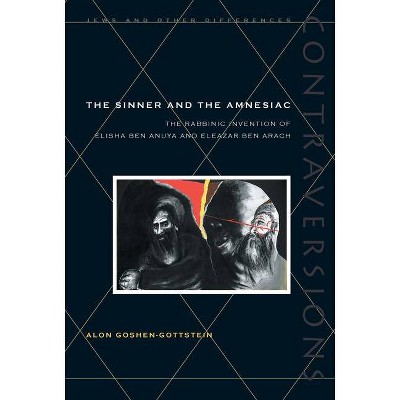
Similar Products
Products of same category from the store
AllProduct info
<p/><br></br><p><b> About the Book </b></p></br></br>This is a detailed study of two intriguing figures in early rabbinic literature, shown to be products of the literary creativity of rabbinic storytellers who convey a particular ideology through the image of the rabbinic heroes they portray: Elisha ben Abuya, considered as apostate and sinner, and Eleazar ben Arach, known as the one who forgot his Torah.<p/><br></br><p><b> Book Synopsis </b></p></br></br><p>Elisha ben Abuya is one of the most intriguing figures in early rabbinic literature, consistently capturing the Jewish imagination as the arch-heretic, apostate, and great sinner. Because of the vague nature of the rabbinic sources relating to him, later generations, particularly in modern times, have been able to project upon him the visions of whatever they saw as either negative or ideal in the figure of the rebel apostate.</p> <p>This book systematically analyzes all sources referring to Elisha ben Abuya, and in so doing, confronts the difficulties of deriving reliable information from rabbinic materials and of writing the biography of a rabbinic hero. The author argues that we have no way of discovering the historical Elisha ben Abuya; he is the product of the creative handling of traditions by later generations. Later generations do not fancifully invent the figure of Elisha but interpret and transmit earlier traditions, trying to resolve the contradictions and to interpret the enigmas they encounter. In the context of this interpretive process, a unique historical image is created, a sage who is born out of tradition, not historical memory.</p> <p>The book also studies Rabbi Eleazar ben Arach. Here, too, the image of the sage does not stem from a historical memory of the sage but from an ideological function which the image of the sage fulfills. Eleazar has come down to us as one who forgot his Torah. Thus, both the sage who is said to have become the greatest of rabbinic sinners and the sage who is said to have forgotten his Torah are products of the literary creativity of rabbinic storytellers, who convey a particular ideology through the image of the rabbinic heroes they portray.</p><p/><br></br><p><b> From the Back Cover </b></p></br></br>"Goshen-Gottstein's book is a masterful analysis of the texts and traditions regarding Elisha ben Abuya and Eleazar ben Arach, and offers great insight not only into the texts relating to these two rabbinic figures, but into the very nature of rabbinic stories and historiography."--Hebrew Studies<br>"Provides a refreshing examination of the stories of Elisha ben Abuya and R. Eleazar ben Arach . . . .Goshen-Gottstein's systematic treatment and masterful reading of rabbinic texts yields penetrating insights into rabbinic storytelling as a mode of religious and cultural expression."--Journal of the American Academy of Religion<p/><br></br><p><b> Review Quotes </b></p></br></br><br>Goshen-Gottstein's book is a masterful analysis of the texts and traditions regarding Elisha ben Abuya and Eleazar ben Arach, and offers great insight not only into the texts relating to these two rabbinic figures, but into the very nature of rabbinic stories and historiography.--<i>Hebrew Studies</i><br><br>Provides a refreshing examination of the stories of Elisha ben Abuya and R. Eleazar ben Arach . . . .Goshen-Gottstein's systematic treatment and masterful reading of rabbinic texts yields penetrating insights into rabbinic storytelling as a mode of religious and cultural expression.--<i>Journal of the American Academy of Religion</i><br><p/><br></br><p><b> About the Author </b></p></br></br>Alon Goshen-Gottstein is Director of the Institute for the Study of Rabbinic Thought, <i>Bet Morasha, </i> Jerusalem
Price History
Price Archive shows prices from various stores, lets you see history and find the cheapest. There is no actual sale on the website. For all support, inquiry and suggestion messages communication@pricearchive.us
